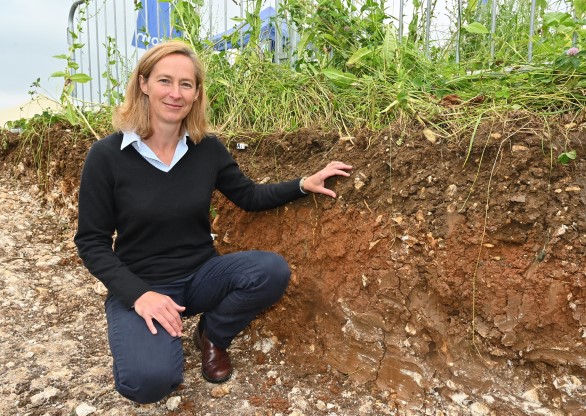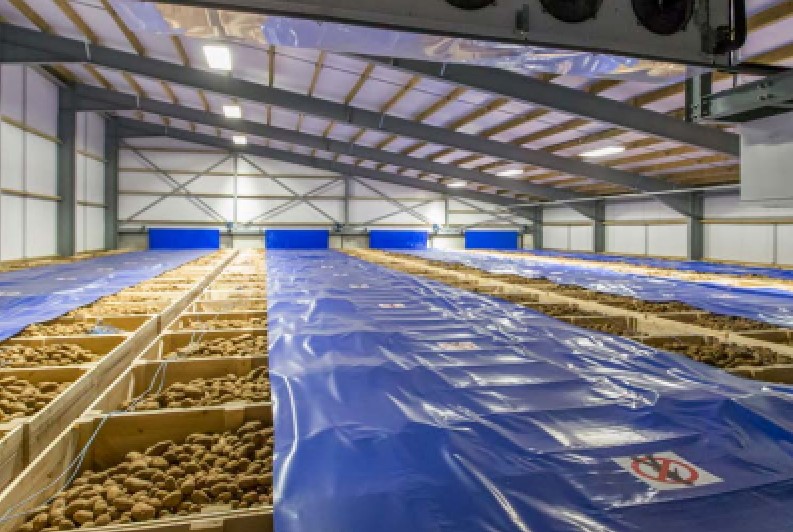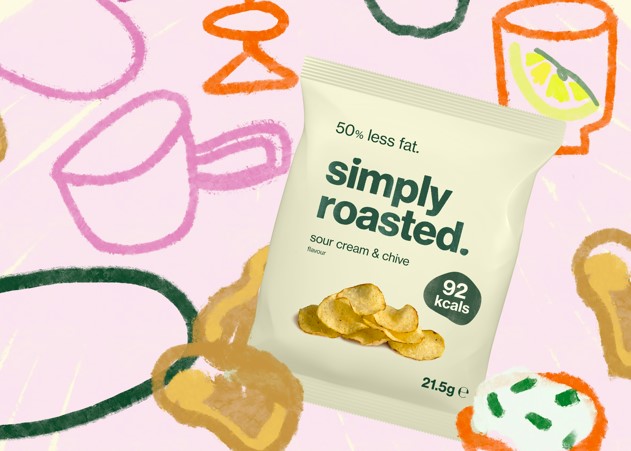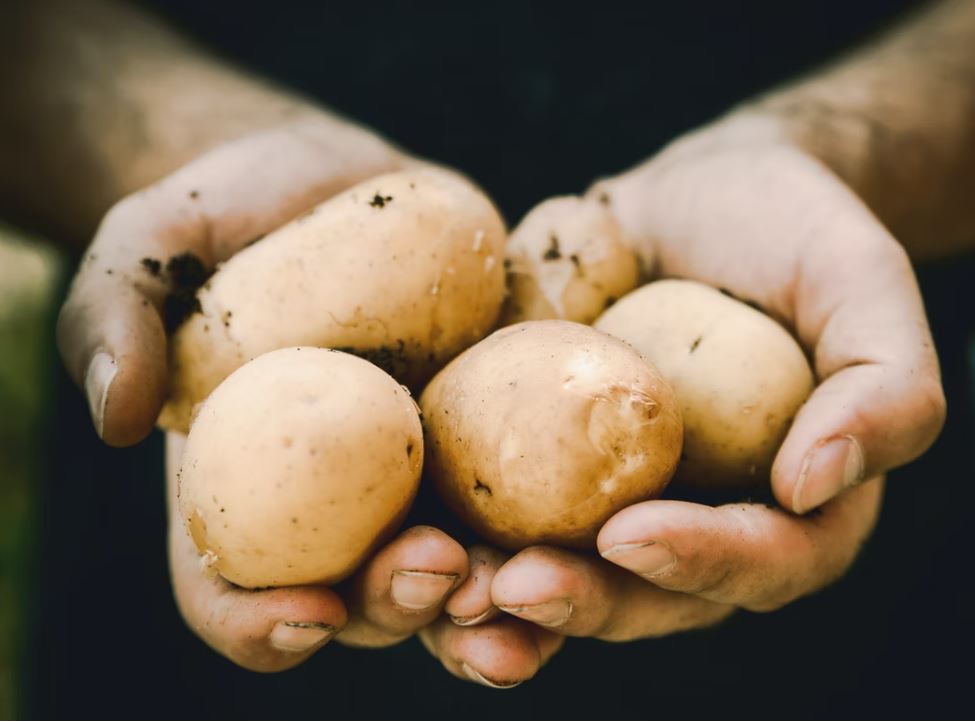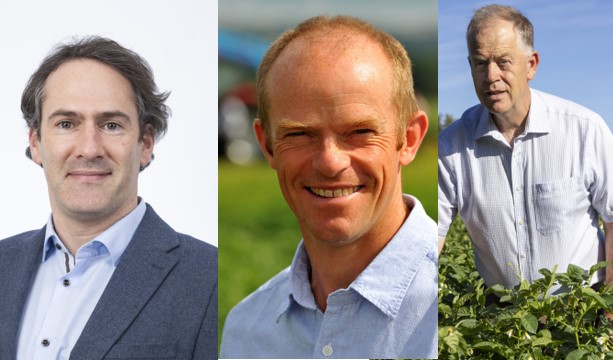
Family-run business joins dealer network
Turners Agricultural Engineers to offer parts and maintenance for a wide range of potato cultivation and maintenance machinery.
British Potato Review magazine reports on new developments in all areas of crop production, storage, handling and packing, as well as scientific, technological and machinery innovations in the UK and overseas. We also keep readers abreast of consumer trends and legislation changes impacting on the industry. Potato Review has been serving all sectors of the potato industry since 1991. Its subscribers include everyone in the UK potato supply chain as well as overseas subscribers in more than 50 countries.
The British Potato Industry Event and British Potato Industry Awards take place every other year, providing a showcase for new innovations and talent in the industry.

